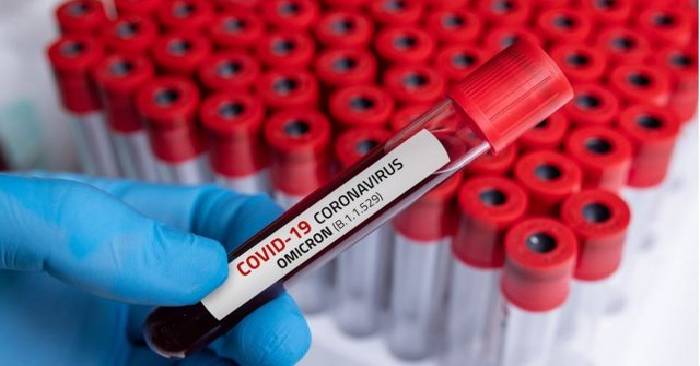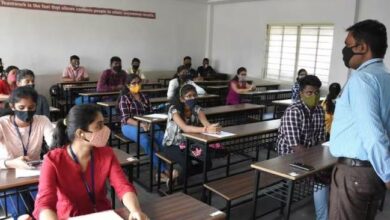In just 20 minutes, a molecular diagnostic test can detect the Omicron variant

Seoul: Korean scientists have developed molecular diagnostics technology that can detect Omicron variants in as little as 20 minutes. The technology development is currently complete, and commercialization is expected to take some time.
On the 10th, POSTECH announced that a research team led by Professor Lee Jung-wook of the Department of Chemical Engineering had developed molecular diagnostic technology capable of detecting the Omicron variant in just 20-30 minutes and will publish the results online.
Omicron is a variant with 26-32 mutations in the spike, which is used by the COVID-19 virus to infect cells.
According to the research team, molecular diagnostics technology can distinguish mutations at the single-nucleotide base level, allowing it to detect ‘Stealth Omicron,’ which PCR tests cannot detect.
The Korea Centers for Disease Control and Prevention currently employs three methods to detect COVID-19 variants: whole-genome analysis, target DNA (mutations such as spike protein) analysis, and PCR testing.
The Delta variant can be detected using the current PCR test, but Omicron cannot. This time, the newly developed technology is a molecular diagnostic technology rather than a sequencing method that reads DNA or RNA sequences.
The current technology only screens specific areas of the virus, whereas the molecular diagnostic technology was designed to cause nucleic acid-binding reactions only when the COVID-19 RNA is present, allowing for rapid detection. According to Professor Lee, Omicron has a strong signal for N genes but a weak signal for S genes in PCR tests.
In the case of ‘Stealth Omicron,’ both N and S genes tested positive, making differentiation from other variants difficult. The molecular diagnostic technology detects the Omicron variant efficiently using mechanisms different from PCR.
Unlike traditional technology, which typically processes up to 96 samples per device, the new technology can process over 125 samples in 30 minutes (more than 250 samples per hour).
Furthermore, because this technology does not require specialized equipment, diagnostic kits can be created quickly and easily. Because the method can create the diagnosis kit in four days, it is expected to respond quickly even if a new virus variant emerges in the future.
“I hope that the disclosure of this technology will allow us to return to our normal daily lives as soon as possible,” Professor Lee said. “We will make every effort to quickly diagnose and respond to new variants that may emerge following COVID-19.”
This technology is currently in the process of being commercialized. However, it can be used as a supplement in situations where a PCR test for Omicron has not yet been developed.
According to Professor Lee, “After clinical trials, I believe this technology will be ready for commercialization in the second half of next year. I am disclosing the technology in order to share it with others in order to develop better technologies for overcoming COVID-19 and to allow underdeveloped countries to analyse COVID-19 variants as well.”






